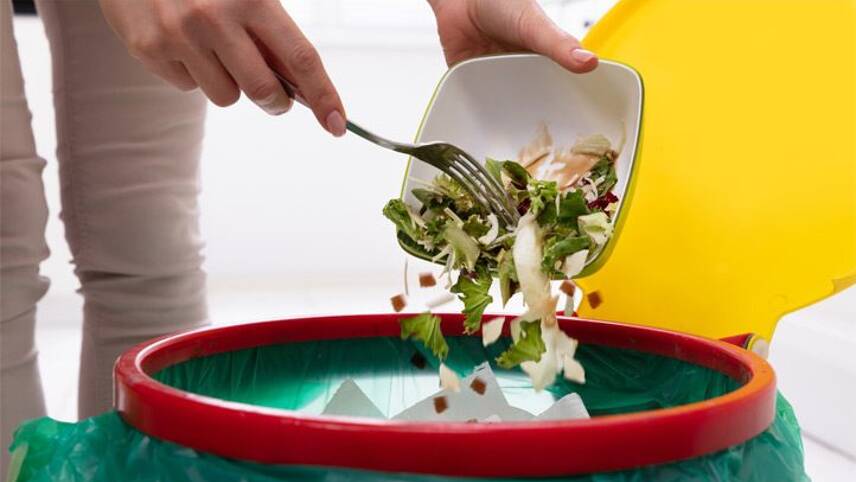Register for free and continue reading
Join our growing army of changemakers and get unlimited access to our premium content

According to the EU executive’s proposed scheme, member states will be legally obliged to reduce overall food waste in stores, restaurants, and households by 30% per capita by the end of 2030
On Wednesday (5 July), the European Commission unveiled one of the most-awaited packages by agri-food stakeholders which deals with ‘sustainable use of key natural resources’ such as soil and plant reproductive materials.
The package – which was delayed by a month – includes proposals to reduce food waste as part of a revision of the EU’s Waste Framework Directive in place since 2008.
According to the EU executive’s proposed scheme, member states will be legally obliged to reduce overall food waste in stores, restaurants, and households by 30% per capita by the end of 2030, based on 2020 figures.
In addition, a 10% reduction binding target will be put in place to tackle food waste during the processing and manufacturing of food.
Member states will be able to choose the ‘most suitable measures’ to meet these targets, European Commission’s Vice-President Frans Timmermans explained while presenting the proposal.
“We put a lot of pressure on land, using pesticides, water, and fertilisers to produce this food,” Timmermans said, adding that “if food waste were a member state, it would be the fifth biggest greenhouse gas emitter in the EU”.
According to the Commission’s figures, 59 million tonnes of food are thrown away in the EU each year – representing an estimated loss of €132bn.
The largest share of food waste is generated in households, while the processing and manufacturing sectors – activities between harvest and final sale – take second place.
“To waste food at this scale while more than 30 million Europeans cannot afford a proper meal every other day, and while hunger is again on the rise globally, is simply unacceptable,” he added.
Hungry for more
Despite this proposal being the first of its kind, stakeholders still worry the targets set in this revision will not be enough to meet sustainable levels of food waste.
The United Nations’ Sustainable Development Goal 12.3 – which the EU has committed to meeting – foresees to “by 2030, halve per capita global food waste at the retail and consumer levels and reduce food losses along production and supply chains, including post-harvest losses.”
However, the Commission’s proposal sets a lower ambition – from half to a third.
“We think that we should set a target which is really within reach of most member states,” an EU official said.
The official added that “there will be a review in 2027, and we hope that by then we will be able to upgrade further the targets to meet the 50% by 2030.”
But, according to the campaigning group European Environmental Bureau (EEB), the proposal “lacks teeth to effectively slash overproduction and waste” in the food sector.
In addition, several organisations have been calling for a 50% target ‘from farm to fork’, meaning they want to see binding targets also at the farm level.
Orla Butler, EEB Campaigner, said that “the EU must establish and attain comprehensive food waste reduction targets of 50% across the entire supply chain, from farm to fork.”
“Anything less than this puts the EU at risk of falling short of its climate goals, international commitments, and citizens’ demands,” she added.
Likewise, Green MEP Sarah Wiener noted that “the individual stages of food destruction: in primary production, transport, packaging, storage, retail and in the consumer’s own refrigerator” need to be addressed.
She also highlighted the need to tackle labelling and consumers’ lack of information.
“Most people still don’t know that just because a product’s best-before date has expired does not mean it is bad,” she said.
On the other hand, the director general of the food industry group FoodDrinkEurope, Dirk Jacobs, said that “it remains important not to undermine efforts of member states and actors along the food value chain that have already taken steps towards food waste reduction using a 2015 baseline.”
In addition, Jacobs asked the Commission to “collect robust and reliable food waste data from Member States which is representative and comparable.”
Paula Andrés, EURACTIV.com
This article first appeared on EurActiv.com, an edie content partner


Please login or Register to leave a comment.